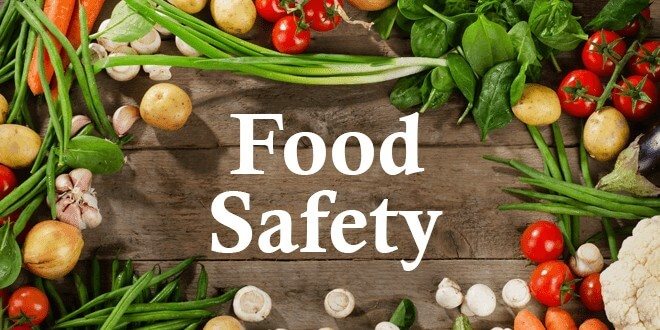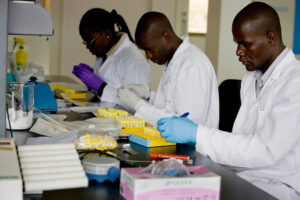WHO Marks World Food Safety Day 2025, Urges Greater Focus on Science and Innovation to Combat Foodborne Diseases

The World Health Organization (WHO) is using World Food Safety Day 2025 to shine a spotlight on the vital role that scientific research and innovation must play in safeguarding global food supplies and protecting public health.

In a statement released to mark the day, WHO warned that while foodborne diseases remain a largely preventable threat, they continue to impose a significant health and economic burden—especially on children under five and vulnerable populations.
Scientists, the Organization said, are at the forefront of global efforts to identify risks, track emerging contaminants, and provide the reliable data that informs food safety policies, shapes business practices, and empowers consumers to make safer choices.
“The burden of foodborne diseases is significant yet largely preventable,” WHO emphasized. “The health implications and associated economic costs include expenses for medical treatment, child development, lost productivity, export restrictions, and market loss.”

Rising Risks from Climate Change, Pollution, Urbanization
WHO cautioned that the fight for food safety is becoming more urgent, particularly in regions such as the Eastern Mediterranean, where factors like climate change, environmental pollution, urbanization, population growth, and changing consumption patterns are increasing human exposure to:
-
Harmful chemical compounds
-
Antimicrobial residues
-
Drug-resistant foodborne pathogens
“These factors are increasing human exposure to harmful compounds and pathogens, making the task of ensuring food safety even more complex,” WHO stated.

Data to Drive Public Health Policy
In response to this challenge, the World Health Assembly has mandated WHO, through WHA73.5 (2020) to update global estimates of the foodborne disease burden.
This includes generating comprehensive data on:
-
Incidence rates
-
Mortality
-
Disability-adjusted life years (DALYs) associated with foodborne diseases
This data is seen as critical for shaping public health strategies and for guiding both government and industry efforts to improve food safety standards.
Regional Collaboration Key
In its message, WHO stressed that countries, particularly across the Eastern Mediterranean Region—must make stronger commitments to scientific research and collaborative innovation.

“Through collaboration—sharing knowledge, resources, and innovations, we establish a strong environment that ensures compliance with food safety regulations and drives significant progress,” WHO said.
By leveraging science-based food safety measures and building regional and international partnerships, WHO believes that countries can not only protect public health but also enhance economic sustainability through safer, higher-quality food systems.
The Bottom Line
As WHO underscored on World Food Safety Day 2025: safeguarding food is a global responsibility—but one that will increasingly depend on the world’s ability to invest in science, embrace innovation, and work together to tackle fast-evolving food safety challenges.




